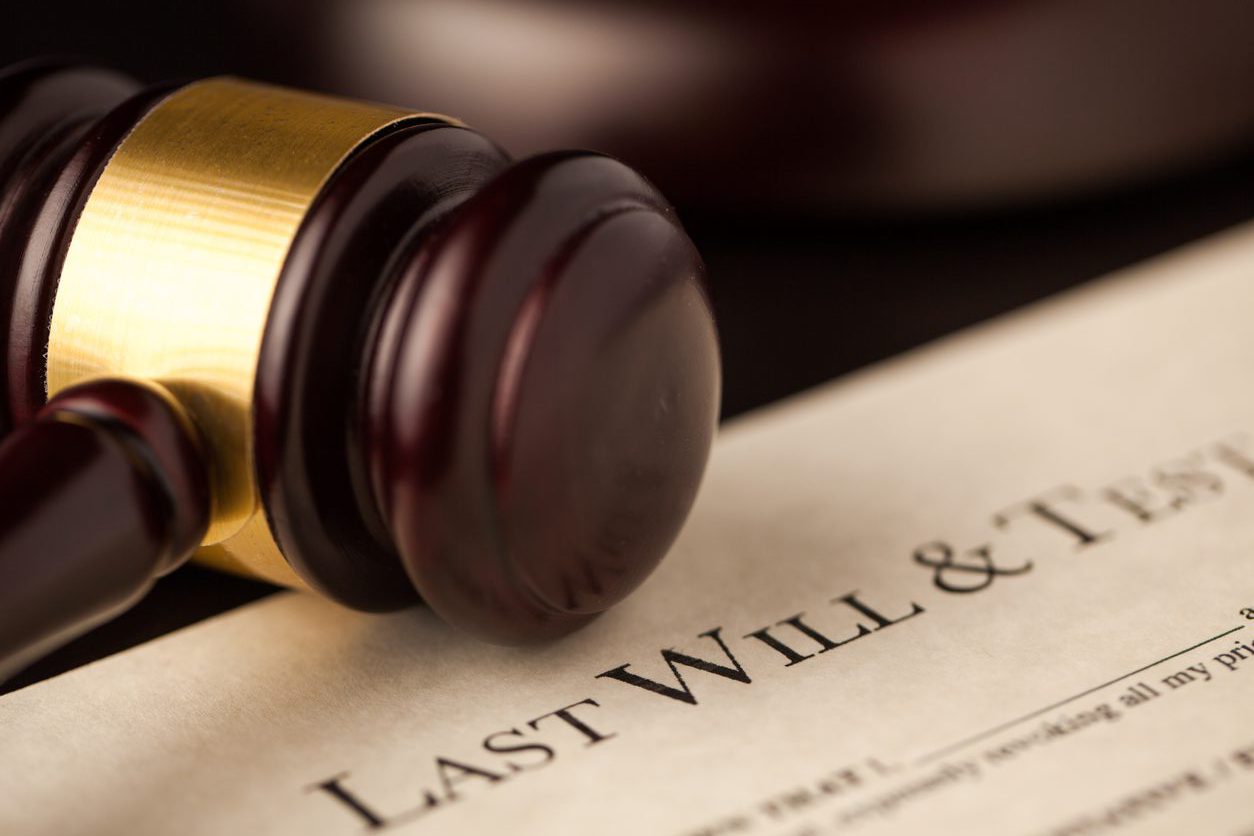Estate planning can be seemingly uncomfortable. Yet, for the sake of preparedness, it’s necessary. The last thing anybody needs is a quarrel about assets. Furthermore, when a family member passes, how responsible are you for their debts?
Using the estate planning guidelines below, we hope to ease the burden. Here are the main points of this article:
– A lawyer can help you assign your estate.
– A will provides for the distribution of property.
– Estates are responsible for paying off debts.
– You should review your estate designation regularly.
What is estate planning?
Estate planning coordinates the transfer of property of a deceased person to survivors. It can involve personal assets, debts, tax liabilities, and more. If you die without a will, your state’s laws will determine who receives the property.
Anyone who wants to transfer their assets to designated survivors should create an estate plan. It will make it easier for your family and ensure the fulfillment of your wishes.
Who pays off someone’s debt when they die?
Generally, the estate of the deceased pays for accumulated debts, not survivors. The trustee responsible for the estate will use any assets in the estate to pay creditors. If the estate cannot pay off debts in full, secured debts (mortgages and car loans) are typically repossessed. In cases of unsecured obligations, such as medical bills, the rules are more complex. Each location varies, so it’s best to obtain a lawyer. For the most part, as long as you didn’t co-sign on the deceased’s debt, you will not have to pay.
Why are wills vital to estate planning?
Wills can do a variety of functions, aside from distributing property. Segments can name a guardian for a minor child and declare successors. Additionally, it can assign a personal representative to handle the settlement, thus eliminating the need for court supervision.
On the same token, keep in mind that a will cannot bypass a named beneficiary. For instance, benefits from an insurance policy pass to the assigned recipient regardless of a will’s declaration.
What happens if you don’t have an estate upon death?
Each state has a unique legal process for those that die without a will. Most follow the same general pattern. First, spouses and children inherit the deceased’s possessions. Then, the order goes to parents, siblings, nieces, and nephews, respectively. If there are no surviving relatives, the entire estate goes to the state.
When to review your estate planning strategy
You should review your estate planning strategy every time you have a qualifying life event. Occasions, such as marriage or having children, affect the handling of your estate. Furthermore, any substantial change in assets (let’s say you win the lottery) should trigger a review.








